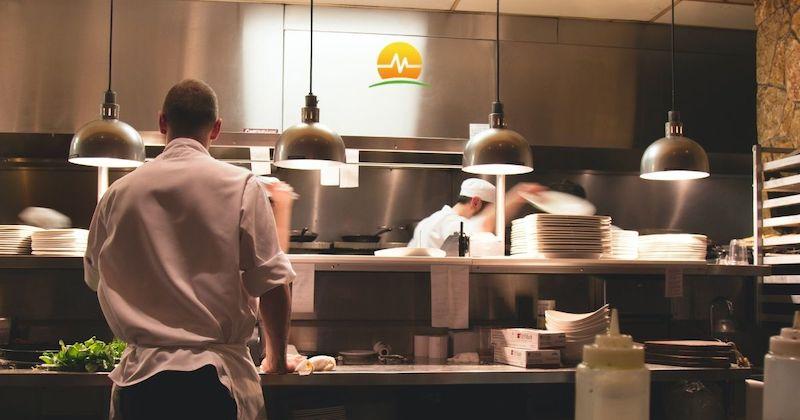There is a great deal of uncertainty in the public’s perception of medical care due to the COVID-19 outbreak. Many hospitals and surgical centers have appropriately stopped performing elective surgery in the hopes of saving important resources for the influx of COVID-19 patients that may begin (hopefully not) at any time. However, it is important to remember that emergency situations are still being treated as before, and patients should not delay care if they experience an emergency situation or a complication associated with a recent surgery.
With so much swirling around us, it is easy to delay getting appropriate urgent care for several reasons including a) being afraid of being infected, b) worrying about taking away resources from the hospital and c) that your condition may be minor and can be handled at a later date. Unfortunately, the result of delaying care can often lead to more severe problems, worse surgical outcomes and even fatal consequences.
What Do We Mean?
A perfect example is hernia pain. You may already know that you have a hernia and there’s a possibility that your hernia may eventually become incarcerated. At this point, you have every reason to get to the hospital for urgent surgery. Waiting any longer can cause the tissue trapped in the hernia to strangulate, which is a life-threatening condition. This can result in not only having to correct the hernia, but having to cut away a portion of the large intestine that becomes diseased due to the lack of blood flow. What would have been a relatively straightforward procedure, becomes one with a significant risk of complications. The same can be said for many other abdominal conditions.
If you have any worries about your visit to the emergency room, please know that most hospitals have created COVID specific entry protocols that are separate from the emergency room. This means that the likelihood of being infected at the emergency room is very low and emergency room staff are there for just that – emergencies – not COVID cases.
So, when should you visit the emergency room?
First and foremost, use your intuition. If you believe you are having an emergency, it is better to be safe than sorry. From a general surgeon’s standpoint, an emergency often manifests in significant pain in the abdomen. We really don’t know what it could be until we examine it properly. Staying at home and hoping the pain goes away is not the appropriate course of action.
However, the COVID-19 crisis has also expanded the use of telemedicine. You may have noticed your insurance company already offers a comprehensive telemedicine system. Many physicians are now implementing systems of their own. If you have any questions about your condition, and you do not want to visit the ER right away, call your medical team or start a telehealth visit. The clinician on the other end will help you decide how to proceed.
What About Post-Op Patients?
Post-operative patients should also remain aware of any potential complications after surgery. While most routine abdominal procedures are very safe, complications can happen to anyone. The best way to prevent a complication from turning into a serious problem is to catch it early and treat it immediately. Therefore, please reference your postoperative packet to know when to call your physician and when to head straight to the emergency room.
The bottom line is that every abnormal condition should be seen and/or treated sooner rather than later for the best chance of a good outcome. This is certainly true for most abdominal diseases. Waiting to contact your doctor or ignoring warning signs of an emergency can lead to serious consequences, poor surgical outcomes and even death. Don’t wait; get the care you need and stay healthy.


